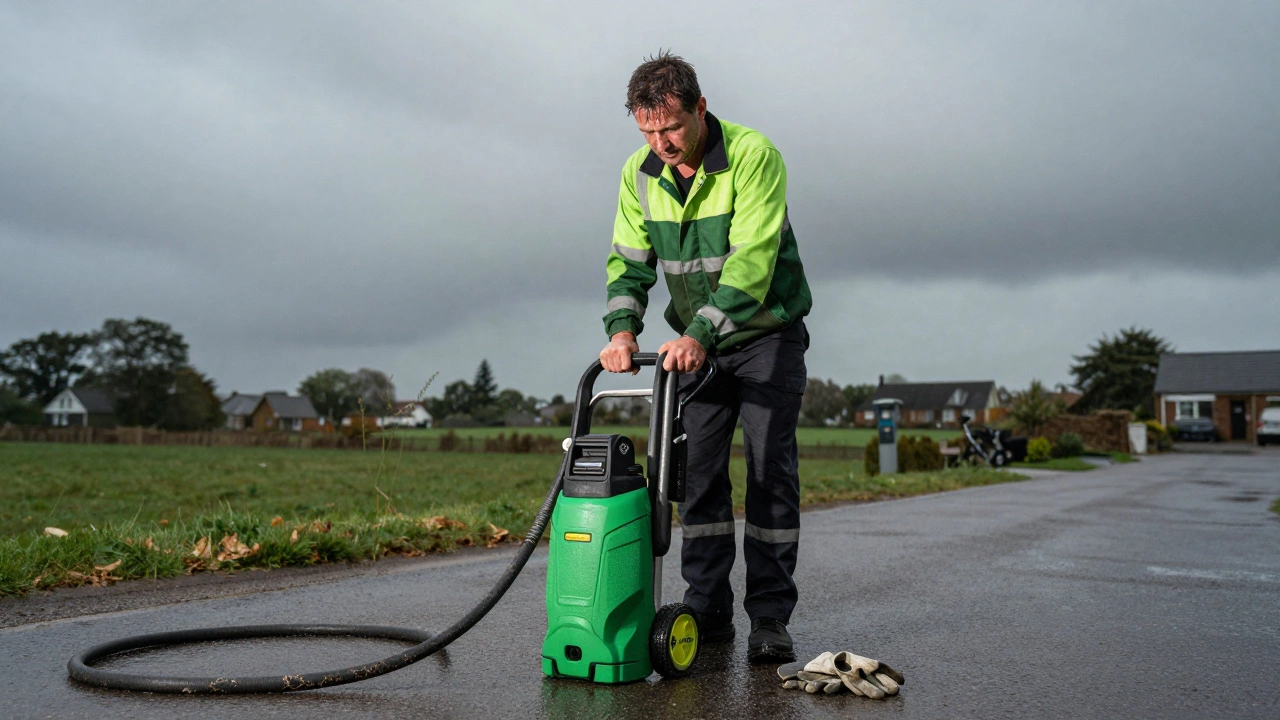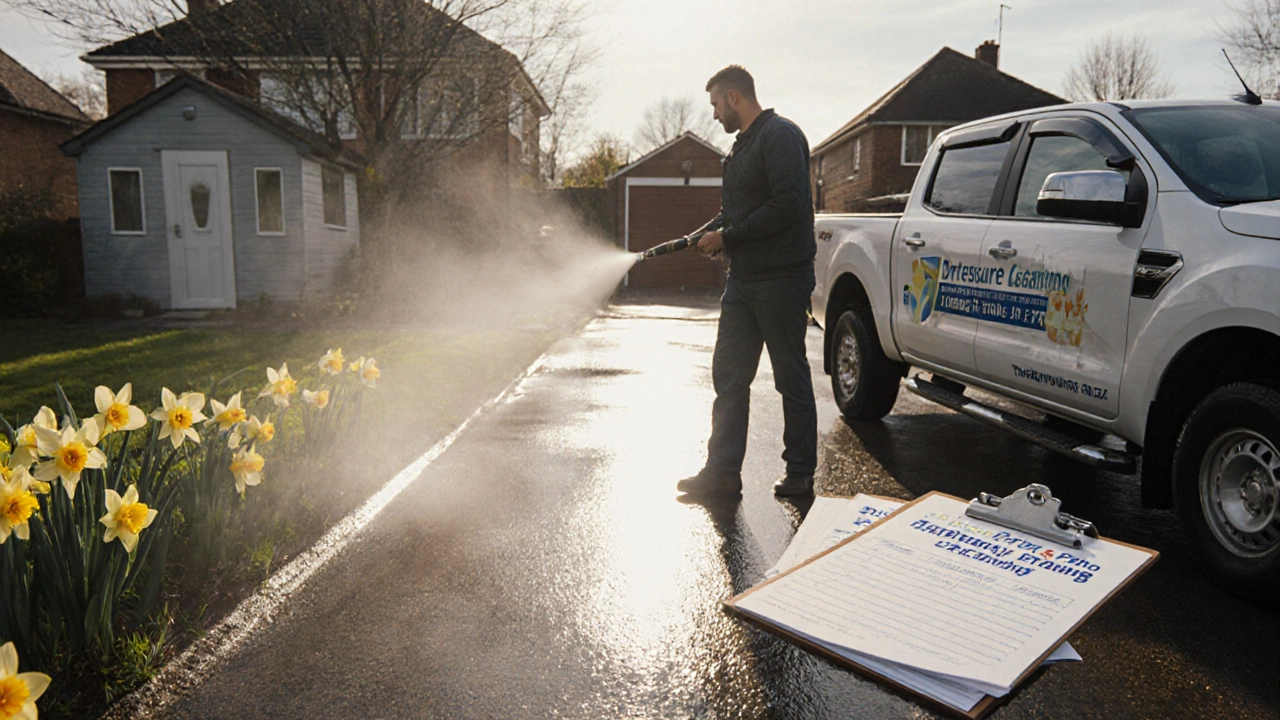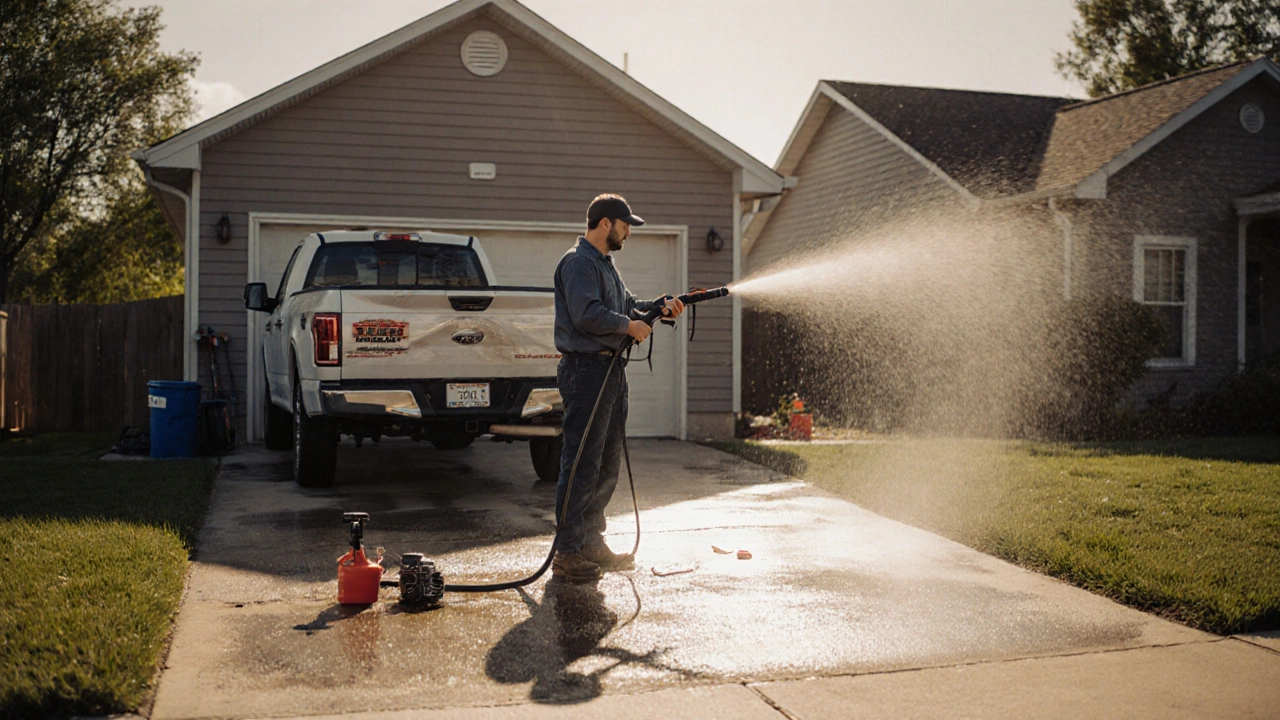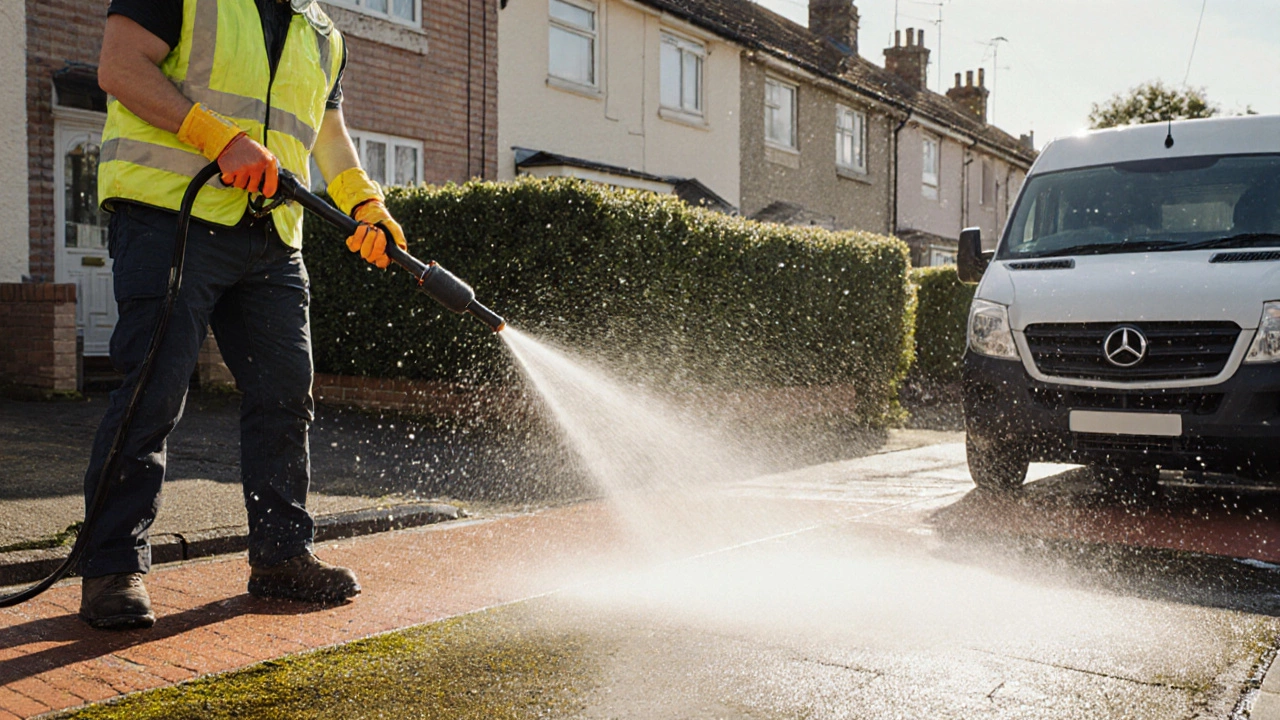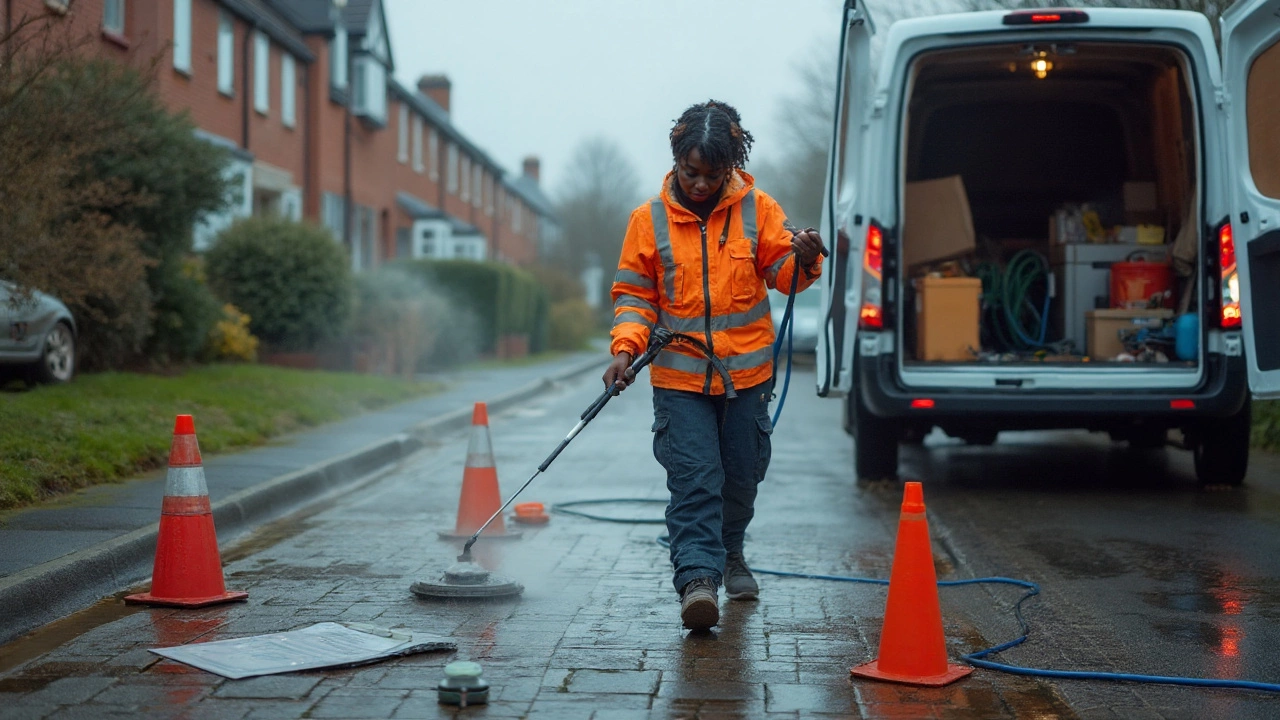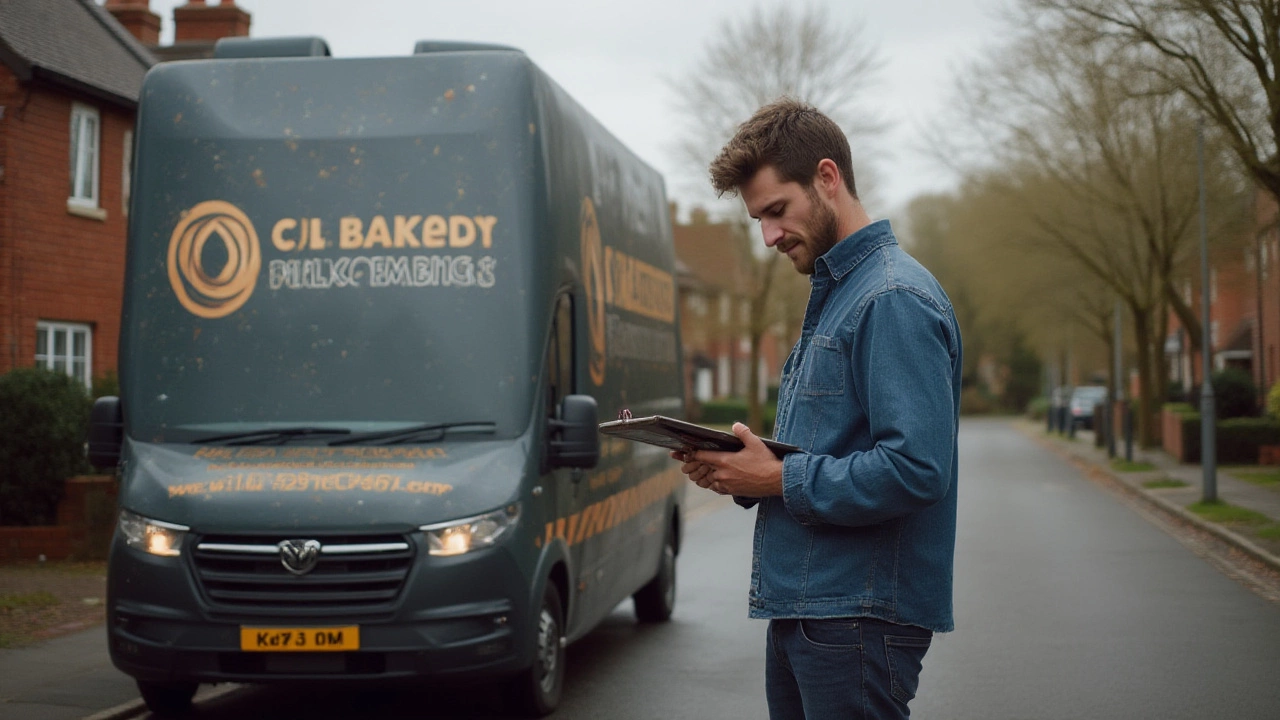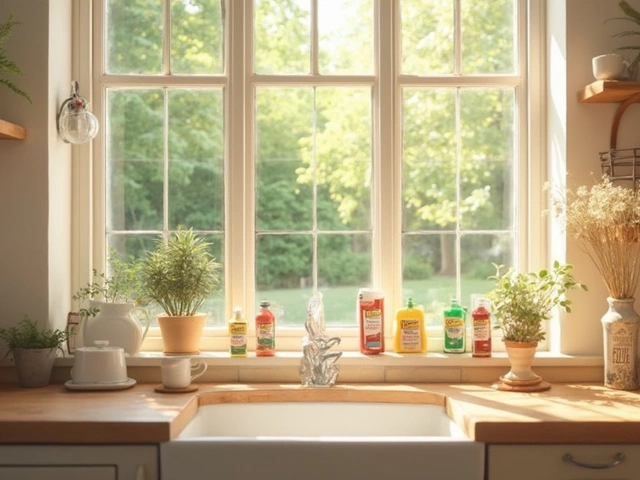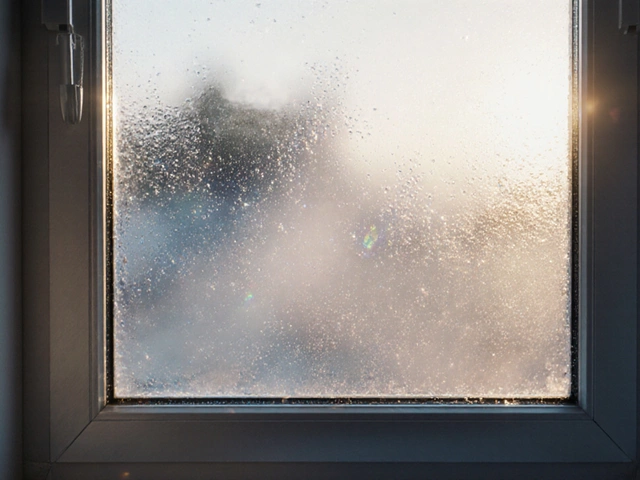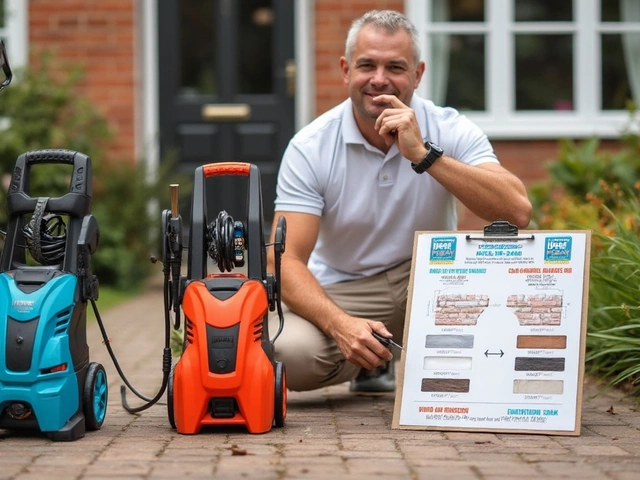Pressure Washing Business: How to Grow, Quote, and Choose the Right Methods
When talking about Pressure Washing Business, a service that uses high‑pressure water to clean exterior surfaces like driveways, decks, and building facades. Also known as Power Washing Company, it relies on specialized equipment, precise pricing, and often eco‑friendly cleaning practices. A successful operation also needs a solid Pressure Washing Quote system that breaks down labor, water use, and material costs, an investment in reliable Pressure Washing Equipment such as pumps, nozzles, and surface cleaners, a commitment to Eco‑Friendly Cleaning solutions that reduce chemical runoff, and a clear focus on broader Exterior Cleaning Services that can expand your market reach.
Key Topics Covered
Running a pressure washing business isn’t just about blasting water. The first decision you’ll face is how to price jobs. Accurate quoting means measuring surface area, estimating water pressure needed, and factoring in travel time. Many owners adopt a tiered model: flat rates for standard jobs like driveways, and custom calculations for larger commercial facades. This approach speeds up proposals and builds trust with clients who see transparent breakdowns. Next, equipment choice makes or breaks profitability. A high‑efficiency pump saves energy and reduces wear, while interchangeable nozzles let you tackle everything from delicate siding to stubborn oil stains. Maintenance plans for hoses and filters keep downtime low, which directly influences your bottom line. Safety gear and training are non‑negotiable; improper pressure can damage surfaces or cause injuries, leading to costly claims. Finally, integrating eco‑friendly cleaning agents, such as biodegradable detergents, not only meets growing client demand for green services but often improves results on grime‑laden surfaces by breaking down organic buildup without harming surrounding vegetation.
Beyond the core offering, many businesses ask whether they should stick with pure pressure washing or explore softer methods. Alternatives like soft‑washing use low‑pressure spray combined with specialized solutions to clean roofs and delicate materials safely. These methods are gaining traction because they reduce the risk of surface damage and align with eco‑friendly goals. Understanding when to switch between high‑pressure blasts and gentle cleaning can widen your service menu, attract environmentally conscious customers, and open contracts with property managers who require low‑impact techniques. As regulations tighten around water usage and chemical discharge, staying ahead with adaptable methods becomes a competitive edge. Below, you’ll find articles that dive deeper into quoting formulas, equipment maintenance tricks, green cleaning formulas, and side‑by‑side comparisons of pressure washing versus its softer counterparts—so you can pick the right tool for every job and keep your business thriving.
